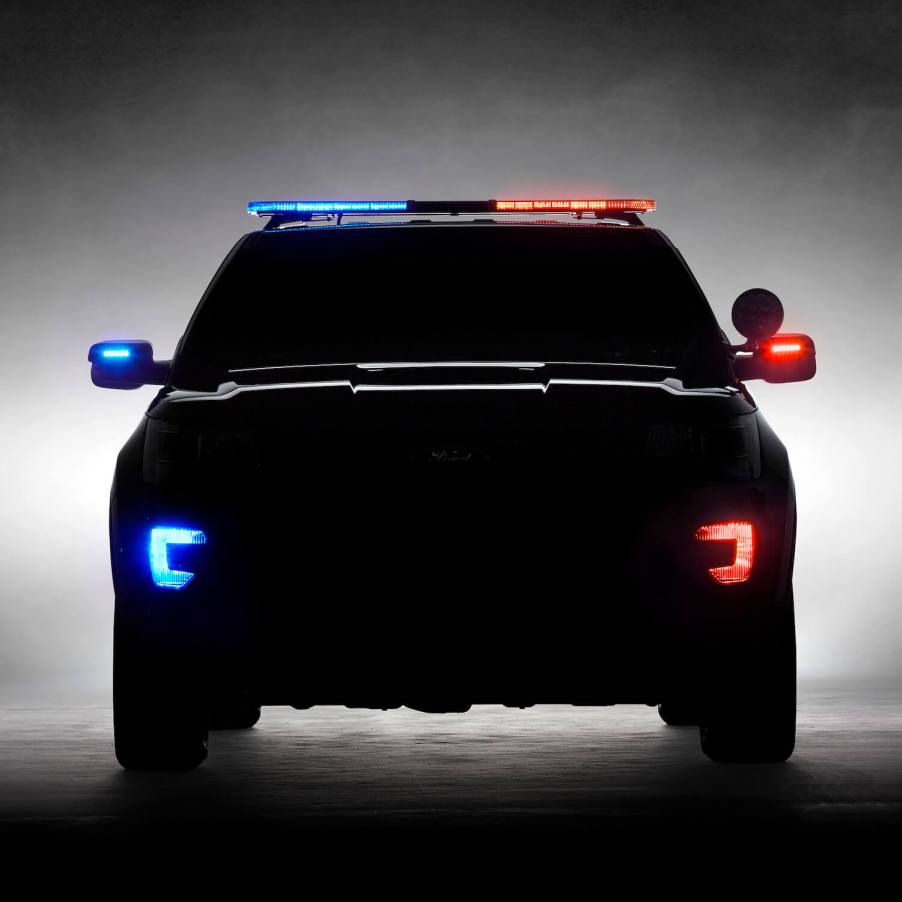
Do You Know How to Stay Safe if an Unmarked Police Car Pulls You Over?
What do you do if an unmarked police car pulls over you and your loved ones? Firstly, you want to know your local state laws on unmarked police cars. In much of the country, they can’t legally be used for traffic stops. In other places, it’s illegal for plainclothes officers to pull you over in an unmarked car. So if you don’t see vehicle markings or a uniform, you may choose to call 911. If you are worried you’re fleeing arrest, volunteer to turn yourself in at the nearest police station. As a bonus, the station may be the safest place if you’re being pursued by a criminal posing as a cop.
Know your local laws

The most important aspect of handling a traffic stop by an unmarked police car is knowing your local laws. This is because some states don’t allow police to use unmarked vehicles. Others allow officers in unmarked cruisers to monitor traffic and call in marked units to complete traffic stops. Many states do allow uniformed officers to do surveillance and traffic stops in unmarked cars.
Knowing your local state laws is critical to navigating a traffic stop. Here’s another example. In many states, police cars have blue flashing lights, while fire trucks use red lights. But in other states, this is reversed.
Confirm the identity of the police officer

The law firm Shultz & Rollins urges drivers to use precaution when an unmarked police car pulls them over. Drivers can use their flashers to signal that they intend to comply with the traffic stop while identifying a well-lit place–preferably with other people around–to pull over.
If the officer operating the unmarked police car is not wearing a uniform and cannot present a badge, they may be breaking state law or may not be a police officer at all. Most states that allow unmarked patrol cars specify that their operators must be in uniform. Other states specify that plainclothes officers cannot operate an unmarked police car while on duty.
If the officer is in uniform, it is still within your rights to politely ask for their identification. It is also within your rights to politely ask to speak with a manager to confirm their identity. The easiest way to do this is to call the local police department or 911 to speak with a dispatcher.
When you reach a dispatcher, you’ll want to have your location and the make and model of your own car ready. With this information, they can tell you if it is their officer pulling you over.
You can always go to a police station if you’re in danger

If you and the dispatcher agree that something strange is going on, you might choose to drive to the nearest police station. The dispatcher can easily give you the necessary directions.
Many drivers might not think of going to a police station if they are not breaking the law. But many police stations are open 24 hours and have well-lit parking lots. They can be an excellent resource if someone is following your car.
Are you looking to learn more? See our entire series:
- How to Spot Unmarked Police Cars
- Here Are The Most Popular Makes and Models for Unmarked Police Cars
- Here are all the States That Allow Unmarked Police Cars To Pull You Over
Or learn how to spot a fake cop car in the video below:






